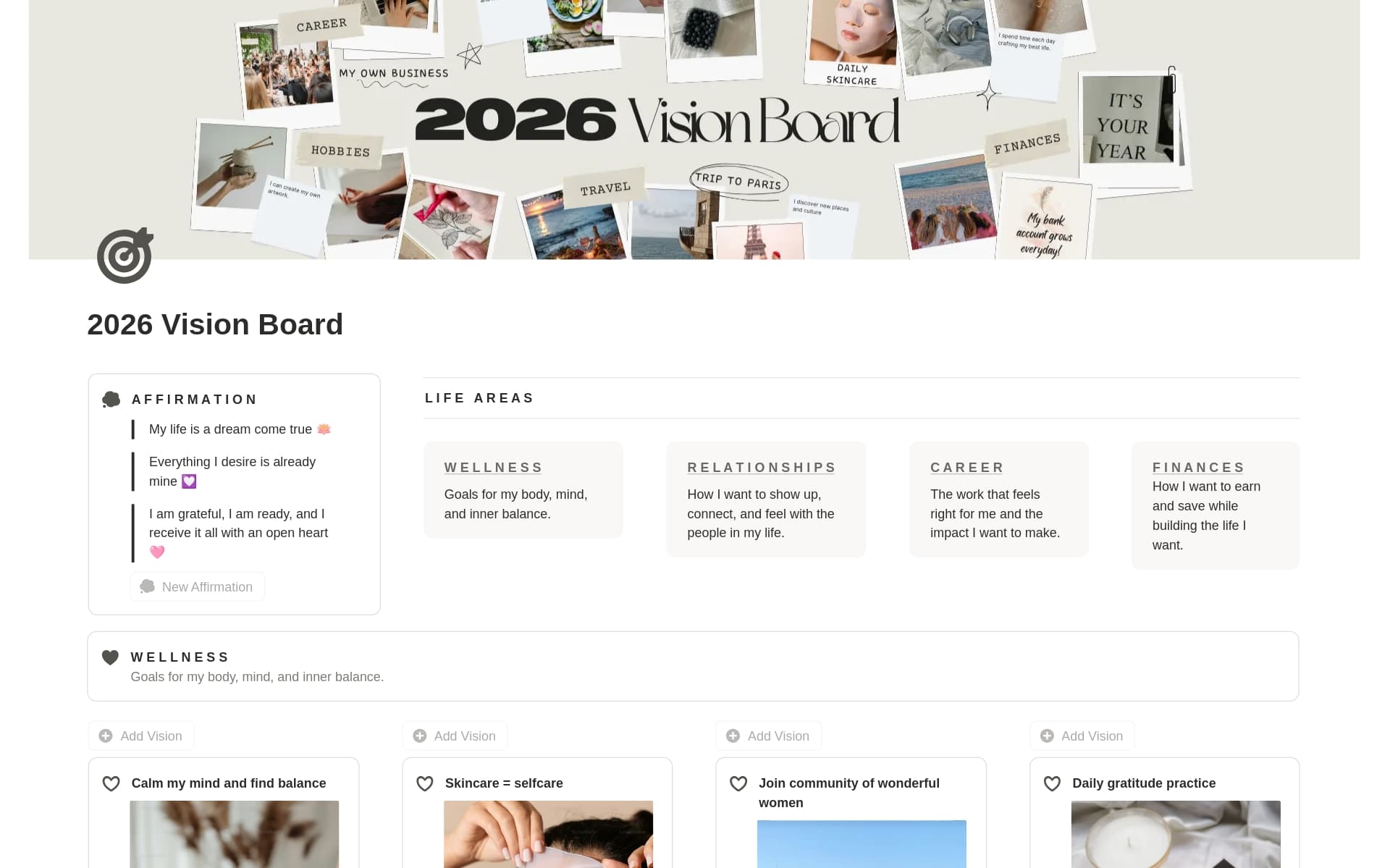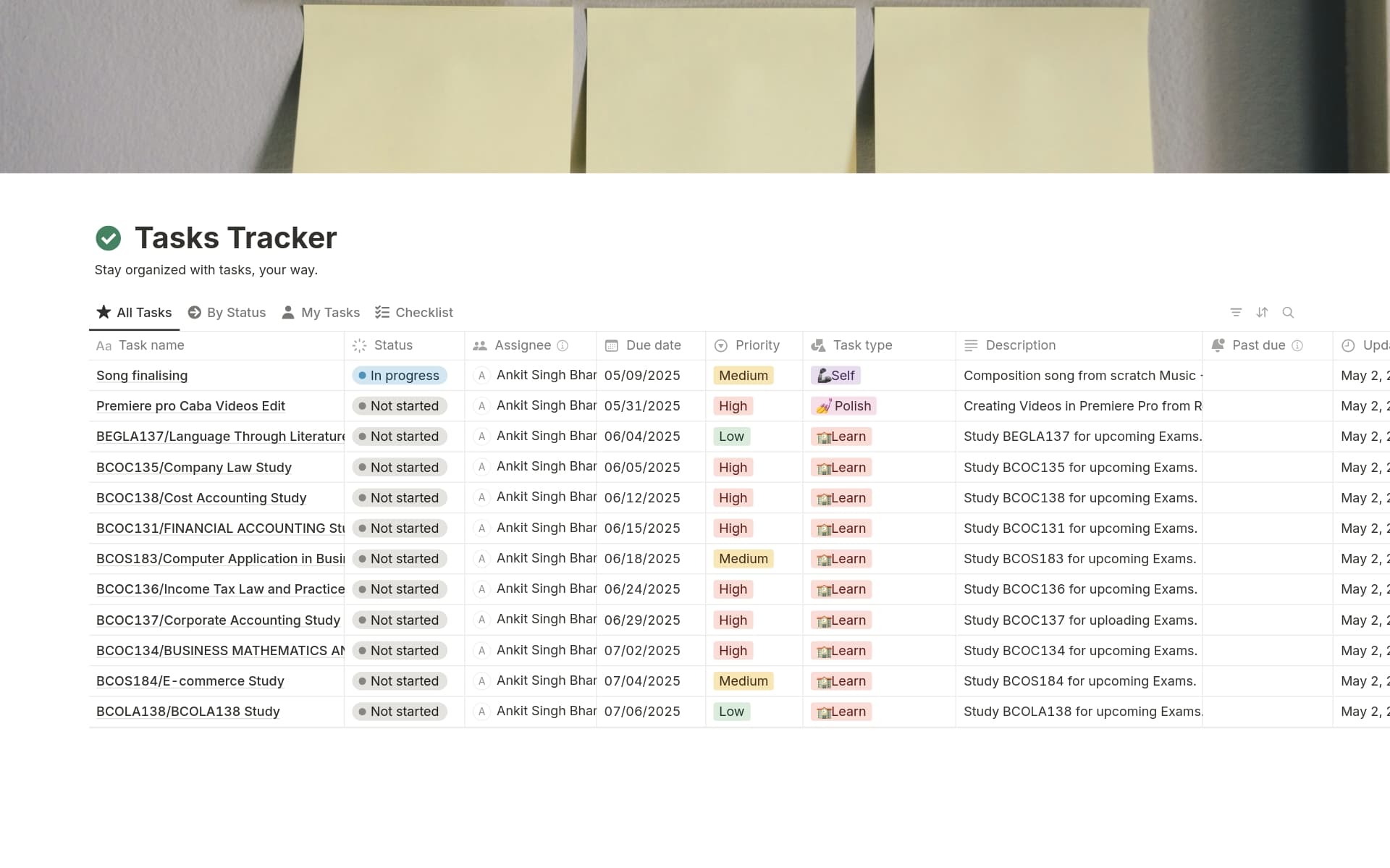Understanding the nuances of your customers' needs and preferences can significantly impact sales outcomes. Sales representatives benefit from customer discovery as it enables them to tailor their sales tactics effectively, align product offerings with customer expectations, and build stronger relationships. A Customer Discovery template on Notion facilitates this process by providing a structured approach to gathering, organizing, and analyzing customer information.
Before diving into creating your own Customer Discovery template, it's beneficial to explore these Customer Discovery Notion templates to streamline the process.
What Should Customer Discovery Templates Include?
Choosing the right customer discovery template can significantly enhance your sales strategy by ensuring you gather all the necessary information efficiently. Here are key components to look for:
Customer Background Information: This should include fields to fill out the customer's industry, size, and history. Understanding the context of your customer's business is crucial for tailored interactions.
Key Challenges and Pain Points: A section dedicated to identifying and noting down the specific challenges the customer faces. This insight is vital for aligning your product or service as a solution.
Decision-Making Process: Details on who makes the purchasing decisions and how those decisions are made help in strategizing the pitch and choosing the right stakeholders to engage.
Previous Solutions: Information about solutions the customer has previously tried allows for a better understanding of what has or hasn't worked, providing a clear pathway for your proposal.
With these components, a customer discovery template becomes a powerful tool in developing effective sales strategies and building meaningful customer relationships.
What Should Customer Discovery Templates Avoid?
Choosing the right customer discovery template is crucial for effective sales strategies. However, not all components are beneficial. Here are a few elements to steer clear of:
Overly Complex Questions: Avoid templates that include questions which are too intricate or technical. These can confuse potential customers and may lead to inaccurate responses.
Irrelevant Metrics: Templates should not focus on metrics that do not directly relate to customer needs and pain points. Irrelevant data can distract from the primary goals of discovery.
Generic Formats: Steer clear of templates that are not adaptable to different customer segments. A one-size-fits-all approach often misses the nuances necessary for effective discovery.
Remember, the goal is to engage with your customers and gain actionable insights, not just to gather data. Choose a template that facilitates meaningful conversations.




